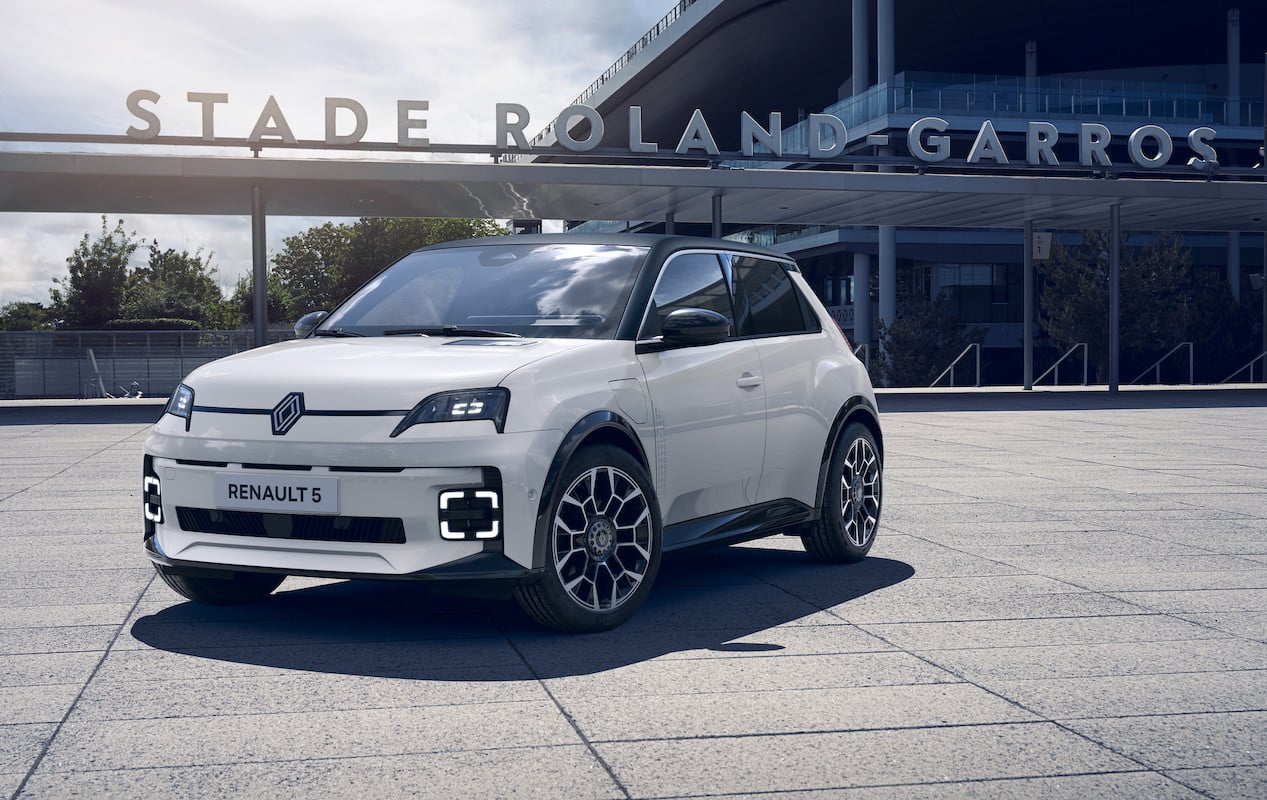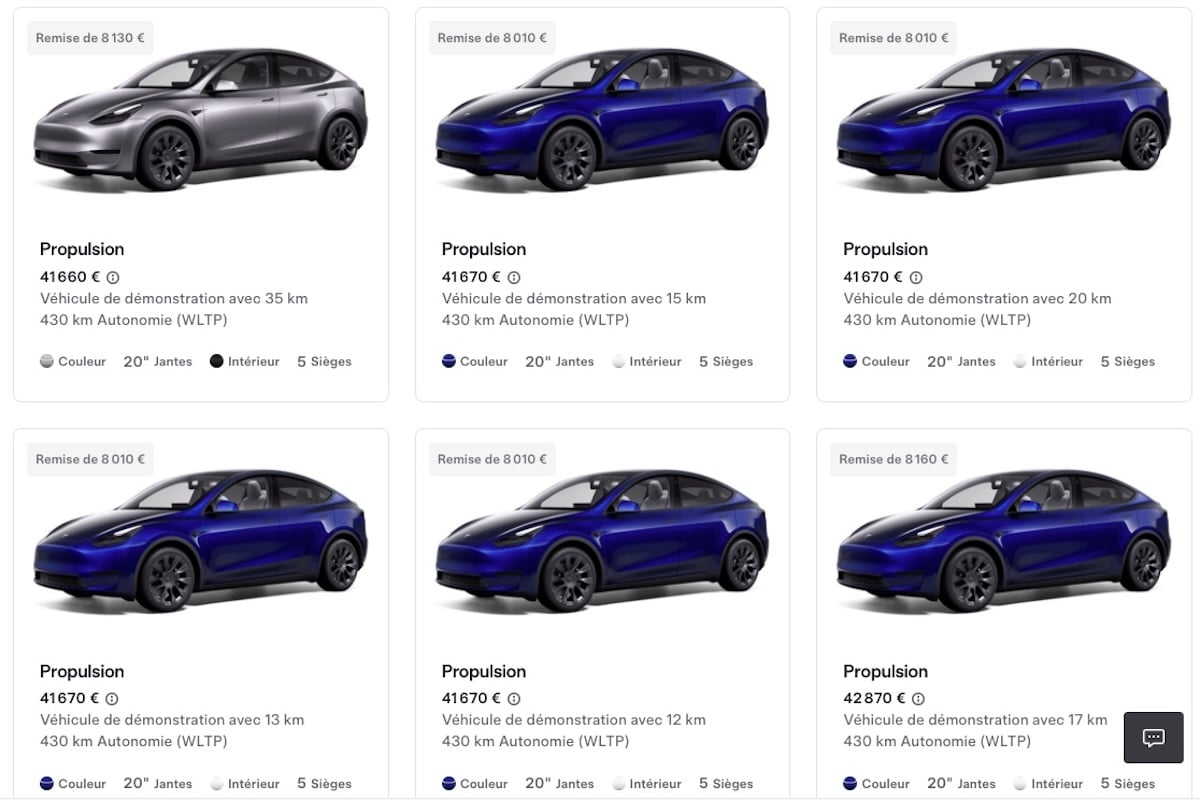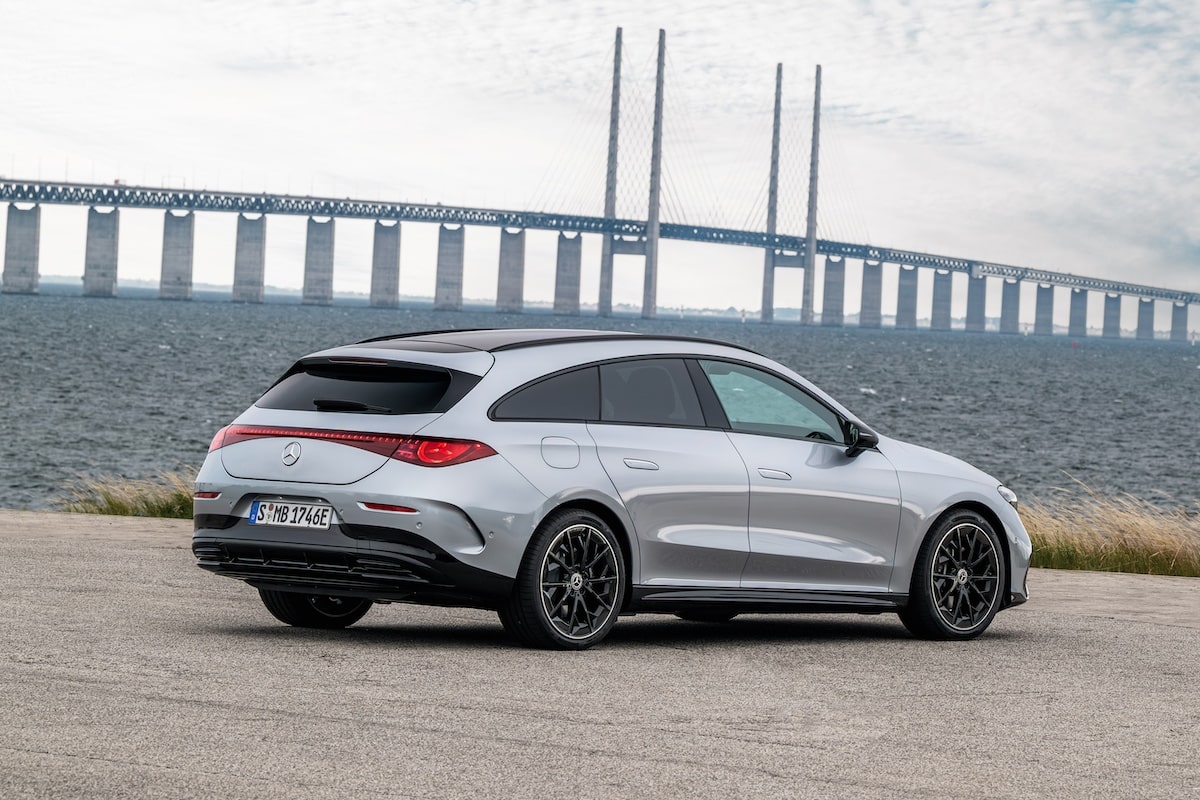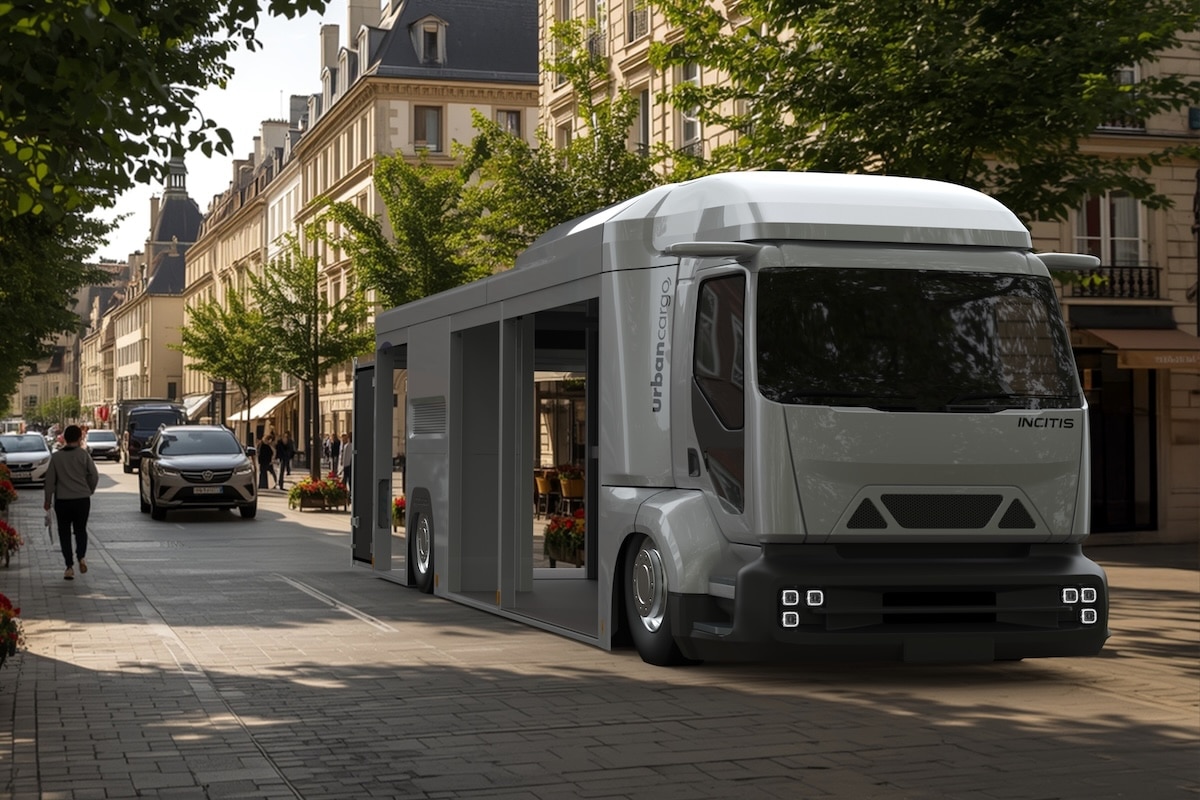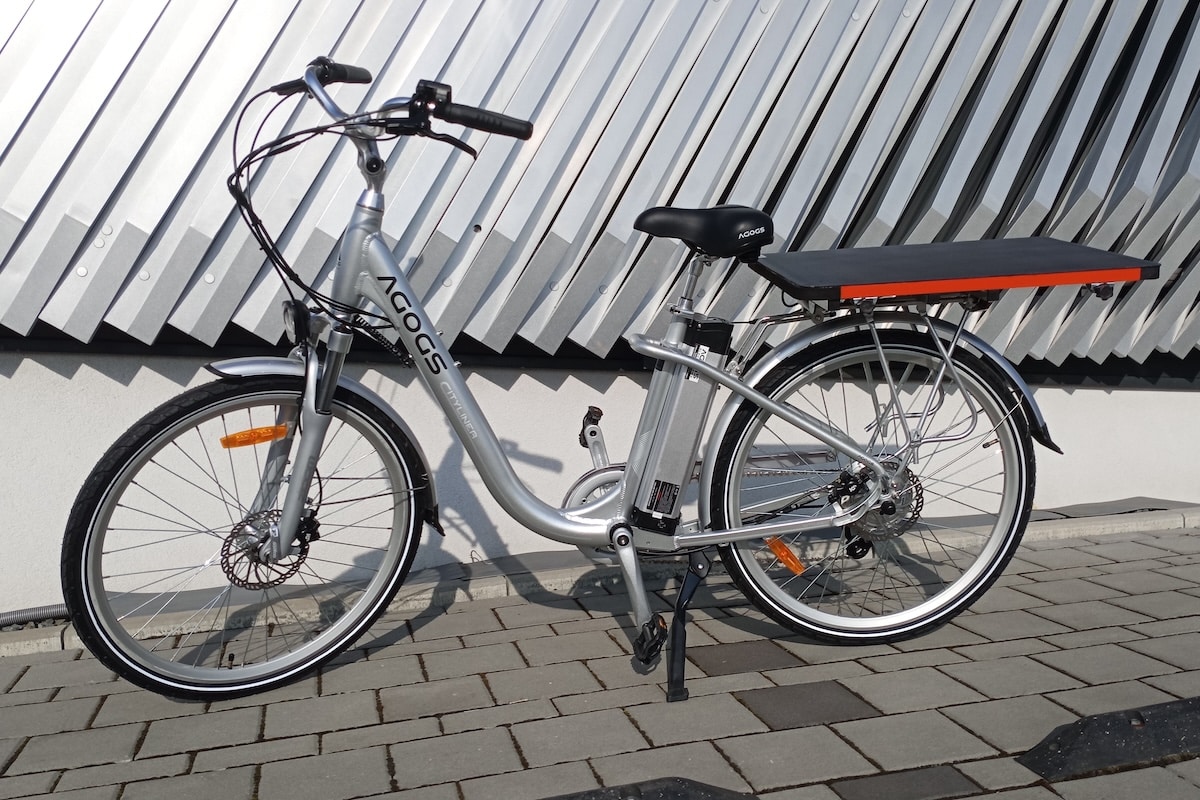Why does Jordan Bardella hate electric cars?

One might imagine that a 28-year-old politician would have an interest in new technologies. Jordan Bardella, however, advocates taking a step back.
On May 7, Jordan Bardella expressed on X (formerly Twitter), Elon Musk’s social network, a passionate plea for the continued sale of thermal vehicles beyond the deadline set by Europe for 2035. From dependence on China to the disorganization of French industries, the arguments are plentiful, but let’s start with the most important in his eyes: a rise in bills for the French people.
Jordan Bardella argues that the shift to all-electric will lead to an increase in bills for the French, both in terms of purchase and maintenance of vehicles. While it is true that an electric car is currently more expensive than its thermal counterpart, all indications suggest that this balance should be reached by 2025, or at the latest by 2026, before it reverses. Manufacturers today have most of their thermal engine production tools paid off, and this technology has a century of history and has reached maturity. Electric propulsion is still young in the context of automotive history. Furthermore, most current electric models are based on thermal engine vehicle architecture. The switch to 100% “native electric” platforms will significantly reduce production costs. By 2035, it is safe to assert that an electric car will be cheaper to buy than a thermal car, and cheaper to maintain due to having fewer parts. The only significant expense is the battery replacement, but their lifespan and reliability continue to increase each year, so in 11 years…
Once Again, The Chinese Boogeyman
The leader of the National Rally then claims that cars increase our dependence on rare metals from China. This is not entirely accurate, but not entirely false either. For the past 20 years, China has understood that the future of cars is electric, whereas in Europe we were content with Euro standards and particulate filters to make thermal vehicles greener. China has thus developed a successful business in extracting rare earths and strategic metals for car batteries, but also for all batteries used around the world! How do you think China became a leader in mobile phones? We are therefore dependent on China and will likely remain so for a long time. But we are also dependent on Africa for other battery components, Russia for gas, and even more dependent on the Middle East for oil. In Europe, we have no oil and not yet battery components, so we buy both at great expense using billions of euros, but for the future, we have ideas.
French Industrialists Will Appreciate…
And this brings us to Jordan Bardella’s third argument, the disorganization of industrialists, citing in a haphazard manner Apple, which has abandoned plans to produce an electric car, or rental companies that are parting with their electric fleets. The only problem is that these two cases are purely American and not European at all! Apple backs out because the brand had bet on autonomous vehicles and failed dramatically. This is an industrial failure that has nothing to do with the choice of engine type, but is linked to a poor strategic choice. As for rental companies, Hertz and Sixt are not liquidating their electric fleets but have chosen not to renew them. The distinction is important. They have found that expenses related to electric cars are currently greater than those of thermal ones, which is once again an absolute reality in 2024. But none exclude returning to it very quickly once the famous shift has occurred.
More troubling, under the guise of defending them, Jordan Bardella dismisses all the efforts of French industries to become major players in the transition. Northern France is becoming a leading hub in Europe for electric mobility. The Bolloré Group is relaunching its battery manufacturing activity at great expense. Suez has long exceeded the most stringent European requirements for battery recycling. Lithium de France has started extracting this essential component from LFP batteries in Alsace. These are just a few examples among many others in France, but especially across Europe. And we’re only talking about 100% electric without considering hydrogen. A transition as significant as the one we are fortunate to experience cannot happen without sweat and tears, but that is the course of history.
Without any political bias, we cannot subscribe to such a viewpoint. That a politician so influential on the European stage refuses to project himself with optimism and ambition over 11 years is quite frankly rather disheartening. It is time to grow up!
This page is translated from the original post "Pourquoi Jordan Bardella déteste-t-il les voitures électriques ?" in French.
We also suggestthese articles:
Also read
